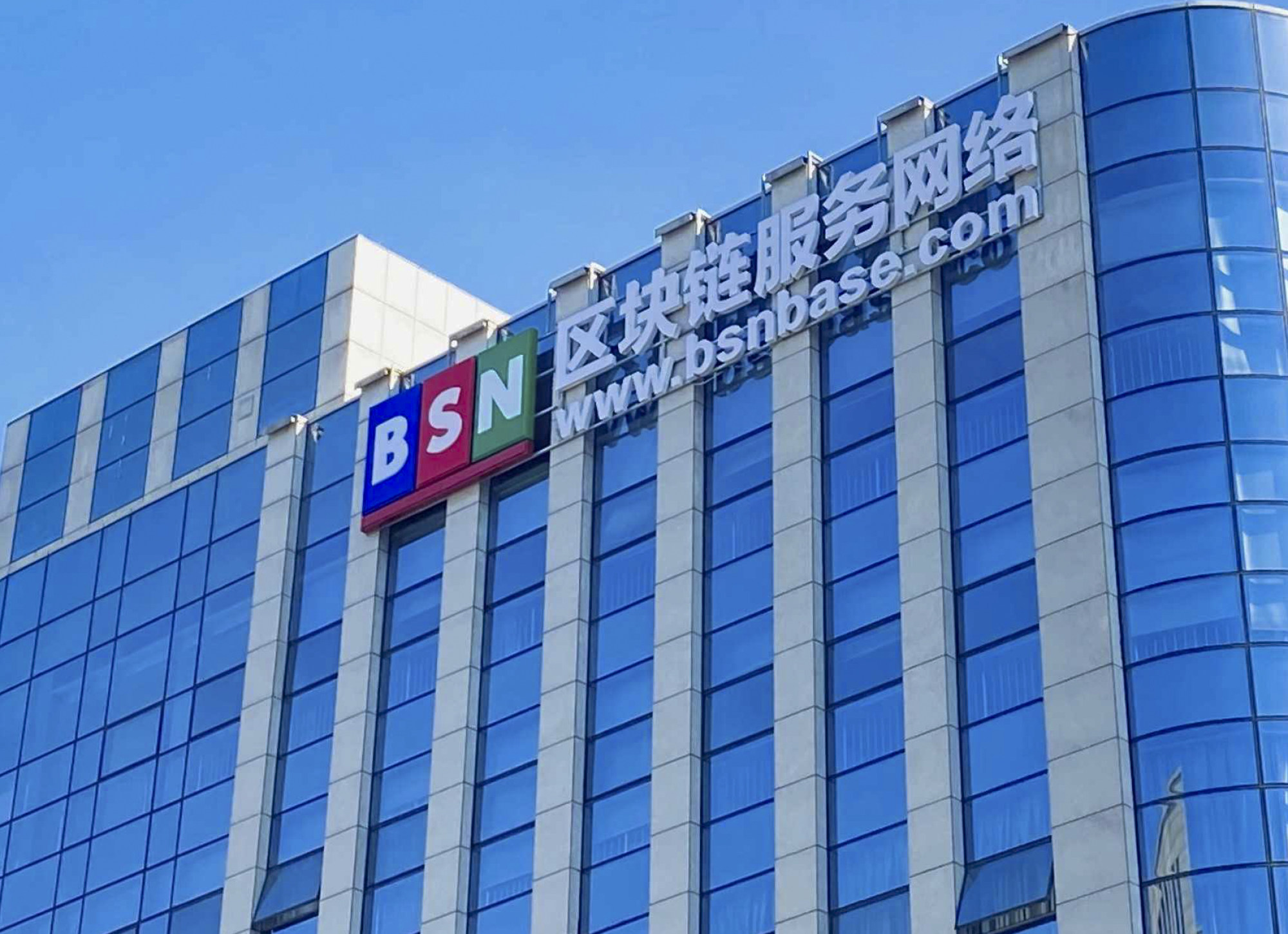
China’s state-backed BSN pushes new public blockchain network unlinked to cryptocurrencies for international markets
- China’s Blockchain-based Service Network expects to launch a beta version of its Spartan Network for international markets on August 31
- Spartan Network moves BSN another step closer to becoming a one-stop-platform for developers of blockchain-distributed applications
Assuaging potential trust issues over the technology behind the Chinese-owned BSN’s infrastructure, He said everything is open source – denoting publicly accessible software that people can share and modify. “If you don’t trust us, check the code,” He said.

Red Date has met a lot of resistance in its development of Spartan Network because most public blockchain operators prefer to operate with cryptocurrencies, according to He in an interview.
“I talked to probably 60 public chains, asking them to join and build a non-crypto chain with us,” He told the South China Morning Post. “We only got two and half. They don’t care about infrastructure. They only care about how many new people will come in and buy their tokens.”
Spartan Network marks BSN’s first major international push, moving the firm another step closer to becoming a one-stop-platform for developers to deploy and manage any type of blockchain-distributed application.
That network is designed only for international markets because so-called open blockchains are not allowed in mainland China. Transaction charges, commonly known as gas fees, on this BSN infrastructure will be paid in fiat money such as US dollars, according to He of Red Date. He said there are also plans to support USD Coin, a stablecoin – a type of cryptocurrency pegged to the US dollar – which is managed by a consortium called Centre.
Why China is investing heavily in blockchain
The upcoming Spartan Network could be “particularly suited for the developing world”, including countries in Africa, South America, South Asia and Southeast Asia, said Jehan Chu, founder of Kenetic Capital, at the BSN Summit on Tuesday.
The operations of BSN, however, have raised security concerns in the US.
Yaya Fanusie, a scholar at Washington-based think tank Centre for a New American Security, argued in his testimony before the US–China Economic and Security Review Commission last year that BSN’s ambitions to develop a new internet infrastructure pose a threat.
China’s crypto-free NFT platform gets a soft launch
In Hong Kong, Red Date is building a product named Enterprise BSN, which enables organisations to build, deploy and manage their blockchain apps on designated networks, according to Tim Bailey, the firm’s vice-president of global sales, who also spoke at the BSN summit. He indicated that Enterprise BSN is already working on deployments to cloud services providers, multinational companies and governments.
“It’s a very exciting and innovative project that we think will be our model for various governments around the world,” Bailey said.
With Red Date’s infrastructure, government agencies have been building and testing blockchain apps for e-government services, which Bailey describes as “successful” and “well-liked” by users. He expected these government projects to go live in the next several months, enabling various agencies to build specific blockchain apps. He did not identify the governments the company is working with.
He assured that BSN, overall, is not one public or private chain because it aims to be a “unified blockchain environment with a variety of ecosystem partners”.

